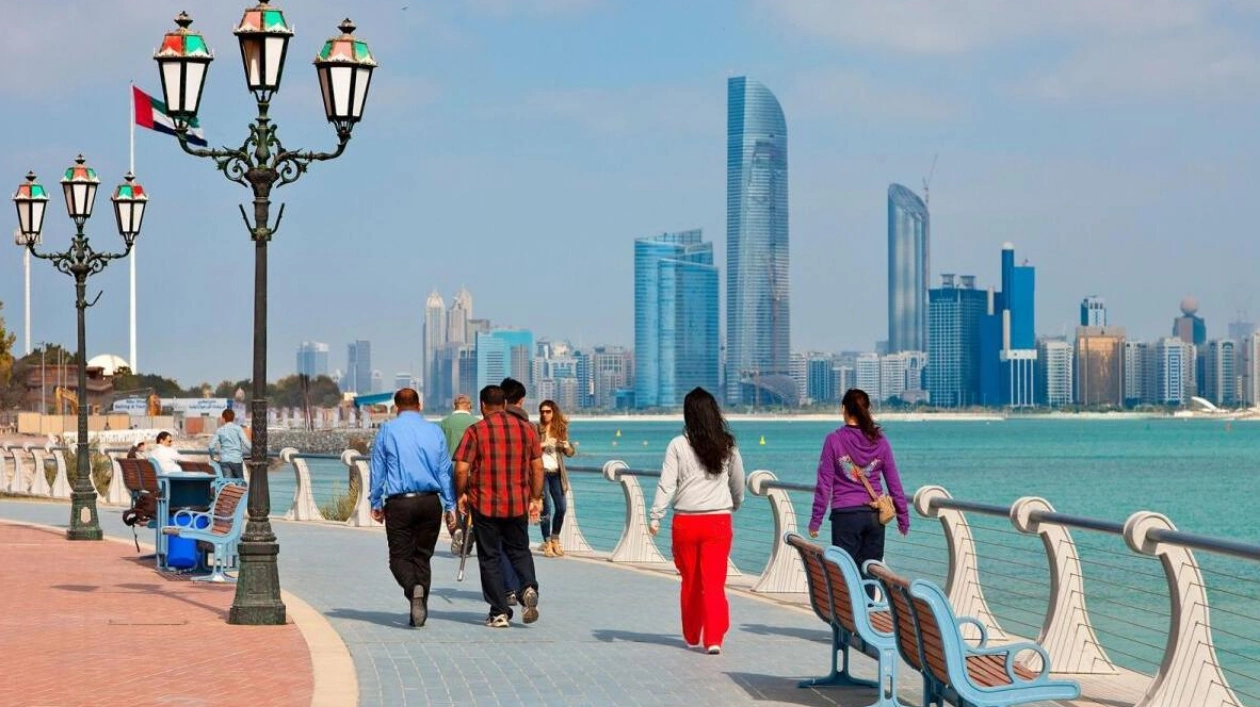Landlords in Abu Dhabi are modifying rental prices in response to the introduction of the UAE Capital's inaugural official rental index. Industry experts predict that new tenants might encounter increases of up to 30 percent in certain areas where rates are currently below the market average, driven by a scarcity of available properties and robust demand from newcomers. Conversely, the index will aid tenants in negotiating more favorable terms in locations where rents surpass the indexed values. On Tuesday, the Abu Dhabi Real Estate Centre (ADREC) unveiled its first official rental index, encompassing the Dhafra, Abu Dhabi, and Al Ain regions. This index enables prospective buyers and tenants to ascertain indicative rental prices for residential units based on their specific location and the number of bedrooms.
In July, the Abu Dhabi rental market sustained its vigorous activity, particularly in premium apartment and villa sectors. Real estate consultancy Asteco reported that average apartment rents experienced slight quarterly and annual rises of 1 percent and 2 percent, respectively. Certain developments/areas, however, saw more pronounced growth, with quarterly increases approaching 5 percent and annual growth hitting up to 10 percent.
For existing tenants, the impact of these increases may be delayed, as Abu Dhabi imposes a 5 percent cap on rent escalations upon contract renewals. As reported by Khaleej Times, the UAE Capital's real estate market is experiencing full occupancy in some areas, with certain properties even maintaining waiting lists for potential tenants, especially in the luxury segment. Rents in popular areas like Saadiyat Island have surged over the past year due to the influx of new residents. Abu Dhabi's population swelled to 3.8 million last year, making it the most populous emirate in the country.
Prathyusha Gurrapu, head of research and consulting at Cushman and Wakefield Core, noted that new leases typically reflect open market conditions, allowing landlords and tenants to agree on rents. According to Law No. 20 of 2006 (Article 16), landlords may only increase rents once annually by no more than five percent, subject to adjustments by the Executive Council's chairman. Evgeny Ratskevich, CEO of Metropolitan Capital Real Estate, believes the index will minimize disparities between actual rents and fair market values, leading to moderate adjustments where necessary.
Svetlana Politova, COO at Whitewill Abu Dhabi, highlighted that the rental index aims to stabilize rents and facilitate more equitable rental agreements. Areas with significant discrepancies between actual and perceived values, such as emerging neighborhoods or those benefiting from recent infrastructure developments, may experience adjustments of up to 5 percent. The index serves to provide accurate data for fair pricing rather than directly dictating rent levels, ensuring changes are modest and market-driven.
Evgeny Ratskevich emphasized that the index enhances transparency and fairness in the rental market, protecting tenants from overpaying and helping landlords set competitive rates. It contributes to a stable real estate market by preventing abrupt and extreme rental rate fluctuations, creating a more predictable environment for all parties involved. Fouad Bekkar, VP for data and AI at Property Finder, added that the index enhances market transparency and trust, essential for maintaining Abu Dhabi's appeal as a premier global real estate investment destination.






